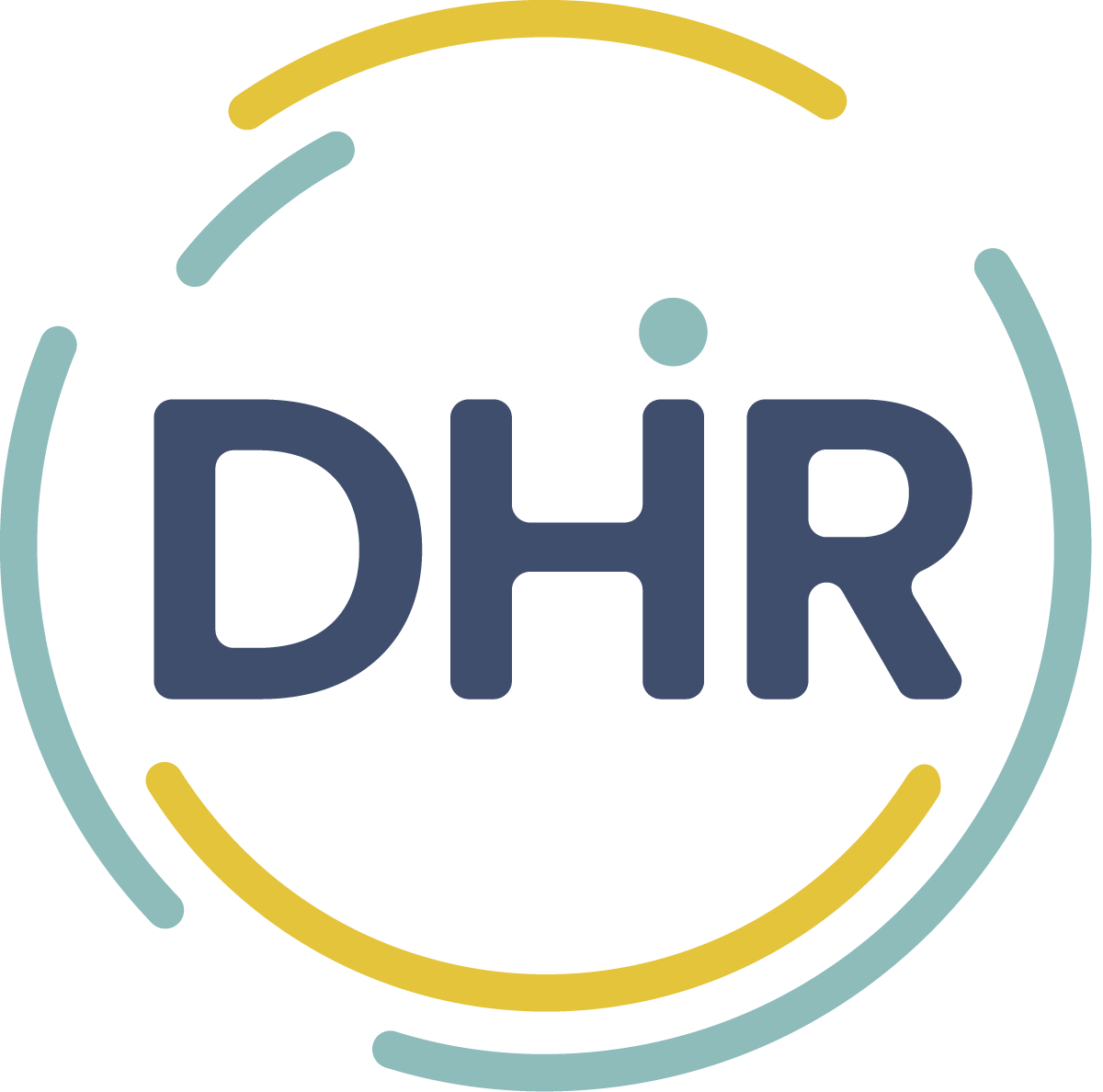Behavioral Health / Emotional Wellbeing
 The State of Delaware places the highest priority on the health, safety and wellbeing of our employees and members of the State of Delaware Group Health Insurance Plan. Behavioral health and emotional wellbeing are essential components of overall wellness. Finding strategies to help control your overall wellness can improve your quality of life, interpersonal relationships, and physical health outcomes. We’ve put together the following resources in one easy to find location to help you and your families manage your behavioral health and emotional wellbeing.
The State of Delaware places the highest priority on the health, safety and wellbeing of our employees and members of the State of Delaware Group Health Insurance Plan. Behavioral health and emotional wellbeing are essential components of overall wellness. Finding strategies to help control your overall wellness can improve your quality of life, interpersonal relationships, and physical health outcomes. We’ve put together the following resources in one easy to find location to help you and your families manage your behavioral health and emotional wellbeing.
24/7 Support & Referral Services
- ContactLifeline Crisis Helpline provides sexual assault counseling for victims and family members: (800) 262-9800.
- Delaware 2-1-1 provides Delaware residents with an easy way to get connected to help for essential health and human services, including affordable housing, utility assistance, health care, senior services, food and other vital programs. There are several ways to get connected to a resource specialist: Dial 2-1-1; text your zip code to 898-211; or chat online at delaware211.org. All services are free, multilingual, confidential and available 24/7.
- Division of Substance Abuse and Mental Health Crisis Hotline:
- New Castle - (800) 652-2929
- Kent and Sussex - (800) 345-6785
- Help is Here provides addiction prevention, treatment, and recovery support resources. Call 833-9-HOPEDE ((833) 946-7333).
- 988 Suicide and Crisis Lifeline provides 24/7, free and confidential support for people in distress, prevention and crisis resources for you or your loved ones, and best practices for professionals in the United States. Dial 988.
- Substance Abuse and Mental Health Service Administration treatment helpline: (800) 662-4357.
- Trevor Project provides trained crisis counselors to support lesbian, gay, bisexual, transgender, queer, and questioning (LGBTQ) young people ages 24 years and younger who are suicidal or in crisis. The Trevor Lifeline is free and available 24/7 at (866) 488–7386. Crisis counselors can also be reached by texting "START" to 678678 or via online chat.
BENEFIT RESOURCES & INFORMATION
- Inpatient Hospital Coverage: Treatment for mental or nervous disorders (in a Psychiatric hospital) is covered for up to 190 days. Medicare covers all but the Medicare Part A deductible and the specified coinsurance for days 61-150. Special Medicfill covers the Medicare Part A deductible and specified dollar amount of the coinsurance for up to 190 days.
- Outpatient Mental Health Care: Treatment for outpatient mental health care is covered. Medicare covers 80% of the reasonable charged after the Medicare Part B deductible. Special Medicfill covers the Medicare Part B deductible and 20% of the reasonable charges. This includes Telehealth.
- If you have a behavioral health condition (like depression, anxiety, or another mental health condition), Medicare may pay your provider to help manage that condition. Some providers that manage behavioral health conditions may offer integrated care services, like the Psychiatric Collaborative Care Model. This model is a set of integrated behavioral health services, including care management support that may include:
- Care planning for behavioral health condition(s)
- Ongoing assessment of your condition
- Medication support
- Counseling
- Other treatment your provider recommends
- Telehealth: Medicare covers certain telehealth services you get from a doctor or other health care provider who’s located elsewhere using technology to communicate with you in real time including services for substance use disorders and co-occurring mental health disorders for the diagnosis, evaluation, and treatment of a mental health disorder, as well as routine behavioral health services.
- Medicare-covered mental health care includes:
- Services provided by marriage & family therapists and mental health counselors.
- Partial hospitalization services that are given by a Community Mental Health Center or by a hospital to outpatients. This structured day program offers outpatient psychiatric services as an alternative to inpatient psychiatric care.
- Intensive outpatient program services that include intensive psychiatric care, counseling, and therapy. These services may be given in hospitals, Community Mental Health Centers, Federally Qualified Health Centers, Rural Health Clinics, and Opioid Treatment Programs (when services are for the treatment of Opioid Use Disorder).
- Partial hospitalization and intensive outpatient services are for more hours a day than care you’d get in a doctor’s or therapist’s office. Learn More
- Telehealth specific for mental health services.

